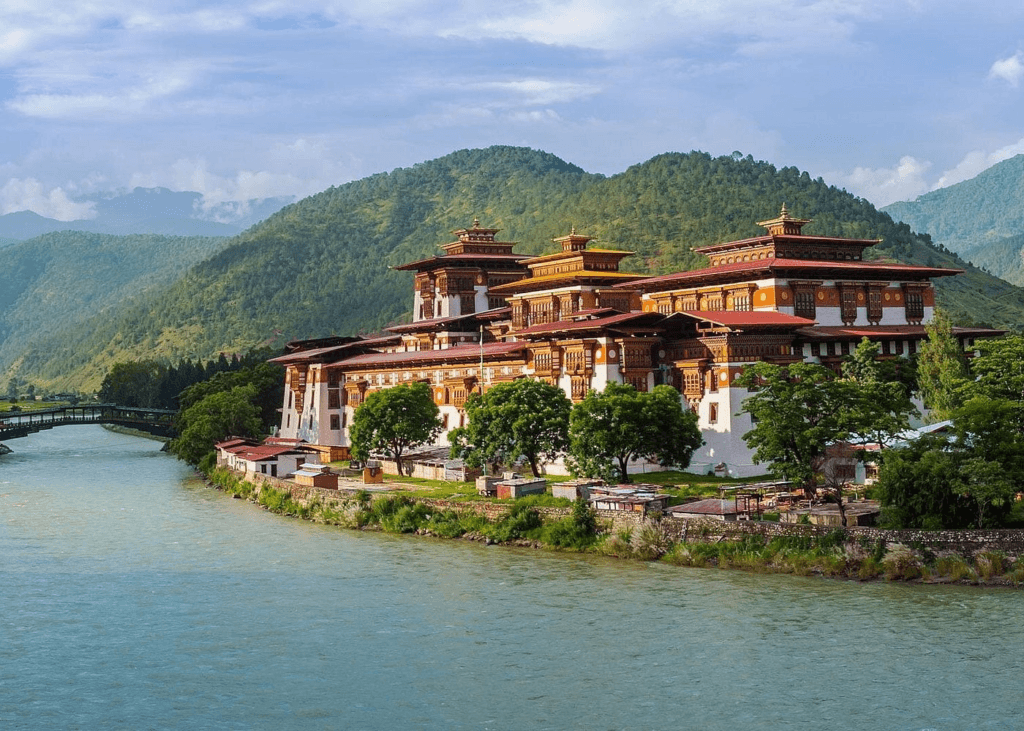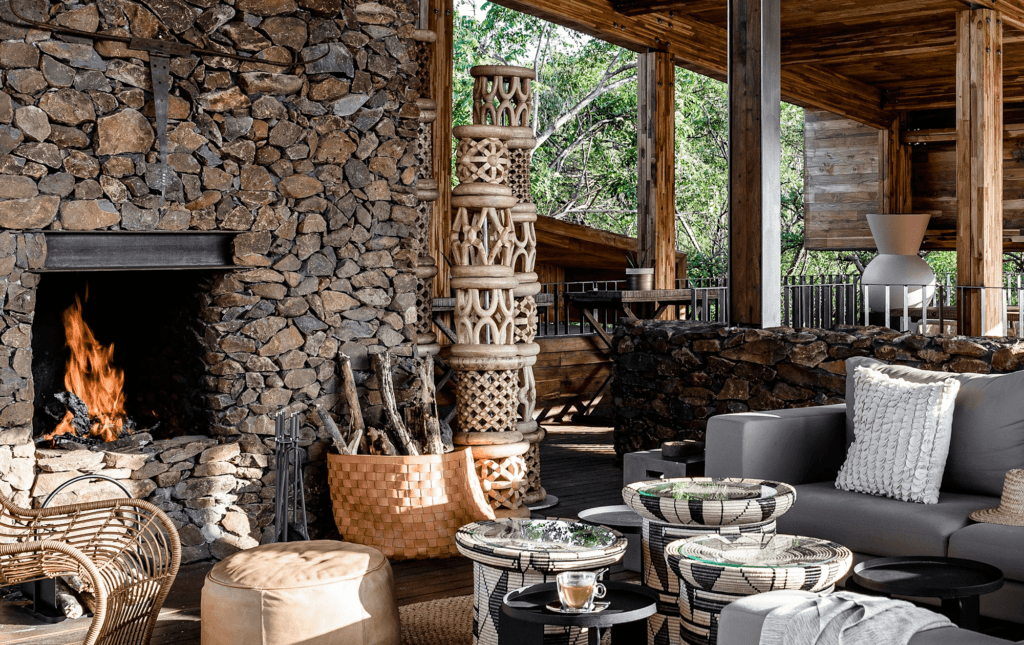
Sustainable luxury travel is no longer an oxymoron—it’s a commitment to high-end experiences that prioritize environmental stewardship, cultural preservation, and social responsibility. Gone are the days when luxury meant excess at the planet’s expense. Today, affluent travelers (60% of whom now prioritize sustainability, per the 2024 Green Travel Report) seek opulence that aligns with their values. This shift reflects a new ethos: indulgence without guilt, where private villas coexist with coral restoration projects and Michelin-starred meals support local farmers.
The rise of eco-conscious luxury is fueled by generational priorities. Millennial and Gen Z travelers, who will comprise 70% of luxury spenders by 2025 (McKinsey), demand transparency in sustainability practices. They’re drawn to brands like Bawah Reserve, where solar-powered villas and zero-waste policies redefine island luxury. Even legacy airlines, such as Emirates, now offer carbon-offset programs for first-class travelers, proving sustainability is no longer niche—it’s non-negotiable.
Book here to Explore Amazon Eco-Destinations

Quick Recommendation: Our blog is filled with tips, destinations, and travel deals.
If you are looking for a budget-friendly travel and hotel deals,
I recommend Expedia Travel Group.

From ecotourism (wildlife conservation safaris in Kenya) to regenerative travel (replanting mangroves in Thailand with Six Senses), sustainable tourism takes many shapes. Other key forms include:
Community-Based Tourism: Stay with Mayan families in Guatemala through Journeys International.
Agri-Tourism: Harvest olives at Italy’s Masseria Torre Maizza, a 16th-century farm turned Relais & Châteaux hotel.
Cultural Heritage Tourism: Join Intrepid Travel’s Indigenous-led tours of Australia’s Daintree Rainforest.
Bhutan: Embodies the 5 C’s of Luxury Travel—Culture (Gross National Happiness ethos), Cuisine (organic farm feasts), Community (homestays), Content (Buddhist heritage tours), and Customization (private treks). The country’s $200/day “high-value, low-impact” tourism fee funds free healthcare and education for citizens.
CLICK HERE TO TOUR BHUTAN

Norway: Carbon-neutral fjord expeditions with Hurtigruten, whose hybrid ships run on biogas from fish waste.
Maldives: Overwater villas at Gili Lankanfushi include coral regeneration programs, with guests planting “coral frames” to revive marine ecosystems.
Costa Rica: Lapa Rios Lodge combines rainforest conservation with luxe treehouse stays, protecting 1,000+ acres of biodiverse land.
Six Senses Fiji: Solar-powered villas and rainwater harvesting meet Polynesian-inspired spas using coconut oil and turmeric.
Singita Lodges (Africa): Zero-waste safari camps where chefs craft meals from hyper-local ingredients—even honey comes from on-site hives.

Aman Resorts: Partner with Bhutanese artisans to hand-weave room textiles, preserving Culture while eliminating single-use plastics.
Bawah Reserve (Indonesia): A plastic-free private island using reverse-osmosis water systems and bamboo straws.
Certifications Matter: Look for EarthCheck (energy efficiency), Green Globe (waste reduction), and LEED (eco-architecture) seals. For example, 1 Hotel Brooklyn Bridge earned LEED Gold for its reclaimed timber walls and rooftop beehives.
Carbon-Offset Private Jets: Companies like VistaJet fund reforestation in Peru’s Amazon, offsetting 300% of flight emissions.
Belmond Andean Explorer: A luxury train traversing Peru’s Andes with farm-to-carriage dining (think alpaca tenderloin from local herders) and biofuel engines.
CLICK HERE TO EXPLORE PERU
Electric Yachts: Silent-Yachts’ solar-powered catamarans cruise the Mediterranean emission-free, with desalination systems for freshwater.
Hyper-Local Journeys: Black Tomato’s “Blink” trips use electric tuk-tuks and bicycles for city tours in Kyoto and Copenhagen.
Quick Recommendation: Our blog is filled with tips, destinations, and travel deals.
If you are looking for a budget-friendly travel and hotel deals,
I recommend Expedia Travel Group.
Culture: Live with Costa Rica’s Indigenous BriBri community through EcoTeach, learning cacao rituals and jungle medicine.
Cuisine: Noma’s foraging tours in Greenland pair Arctic ingredients with climate action talks.
Community: Marrakech’s Femmes du Maroc cooperative lets guests craft pottery alongside female artisans, with profits funding literacy programs.
Content: Track rhinos in Namibia with Wilderness Safaris, where guides use AI-powered apps to log wildlife data for conservation NGOs.
Customization: Red Savannah designs carbon-neutral itineraries, like helicopter tours of Iceland’s glaciers powered by sustainable aviation fuel.

Use the 5 P’s Framework:
People: Does the resort hire locally? Soneva Jani employs Maldivian marine biologists to lead snorkel tours.
Planet: Check for certifications like Green Key (awarded to Hotel Brando for its seawater air conditioning).
Prosperity: Book tours through Elevate Destinations, which donates 5% of fees to local schools.
Pick a Form of Tourism: Opt for agri-tourism at Borgo Pignano, a Tuscan estate producing organic wine and truffle-infused spa treatments.
Offset Smartly: Platforms like Gold Standard let you fund wind farms or clean cookstove projects.
andBeyond: Combines community-based tourism with luxury safaris—guests fund wildlife corridors in Tanzania, reducing human-elephant conflicts by 80%.
Cheval Blanc St-Barth: This LVMH-owned resort uses UV-filtered seawater pools and partners with Parley for the Oceans to upcycle ocean plastic into staff uniforms.
The Brando (Tahiti): Marlon Brando’s former retreat runs on coconut oil biofuel and hosts scientists studying coral resilience to climate change.
AI-Driven Efficiency: Singapore’s Pan Pacific uses AI to cut energy use by 30%, adjusting room temps based on occupancy.
Blockchain for Transparency: TripAdvisor now tags hotels using blockchain to verify sustainability claims, like Cayuga Collection’s carbon audits.
Regenerative Travel: Brands like Regenerative Travel partner with hotels to revive ecosystems—e.g., Tierra Patagonia replants native lenga forests.
Lab-Grown Materials: Bottega Veneta’s eco-luggage line uses mushroom leather, hinting at future luxury travel gear trends.
Eco-conscious luxury travel isn’t a compromise—it’s an elevation. By honoring the 5 C’s and 5 P’s, travelers indulge in villas that power villages, safaris that save species, and journeys that transform both guest and destination. As Four Seasons CEO John Davison notes, “Sustainability is the new currency of luxury.” In 2024, opulence isn’t just about what you take—it’s about what you give back.
Q: What are the 5 C’s of luxury travel?
A: Culture, Cuisine, Community, Content, Customization—key pillars for meaningful, sustainable experiences. For example, Aman Kyoto offers tea ceremonies with master practitioners (Culture) and kaiseki meals with foraged ingredients (Cuisine).
Q: What are the 7 forms of sustainable tourism?
A: Ecotourism (e.g., Galápagos cruises), Community-Based (homestays in Vietnam), Voluntourism (beach cleanups in Bali), Agri-Tourism (vineyard stays in France), Cultural Heritage (Inca Trail hikes), Geotourism (Iceland’s volcanic parks), and Regenerative Travel (rewilding Scottish Highlands with Wildland).
Q: How do I verify a hotel’s sustainability claims?
A: Look for third-party certifications (EarthCheck, Green Globe), ask for carbon audit reports, or use platforms like Green Pearls®, which vet properties for eco-practices.
Affiliate Disclosure: This article contains affiliate links. If you click through and make a purchase, I may earn a commission at no additional cost to you. As an affiliate, I only recommend products and services I genuinely trust and believe in.
Quick Recommendation: Our blog is filled with tips, destinations, and travel deals.
If you are looking for a budget-friendly travel and hotel deals,
I recommend Expedia Travel Group.